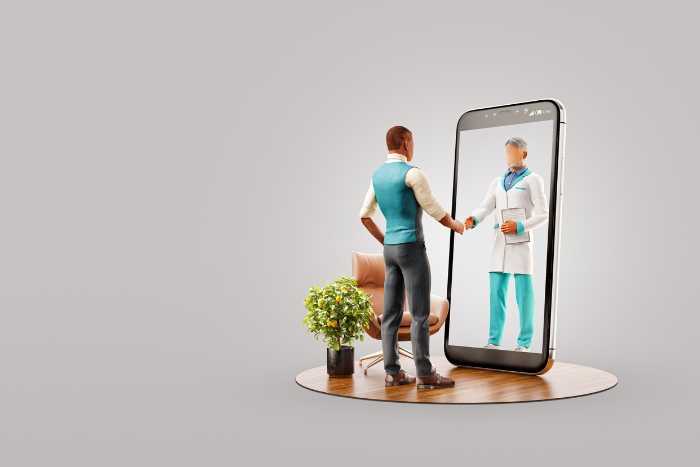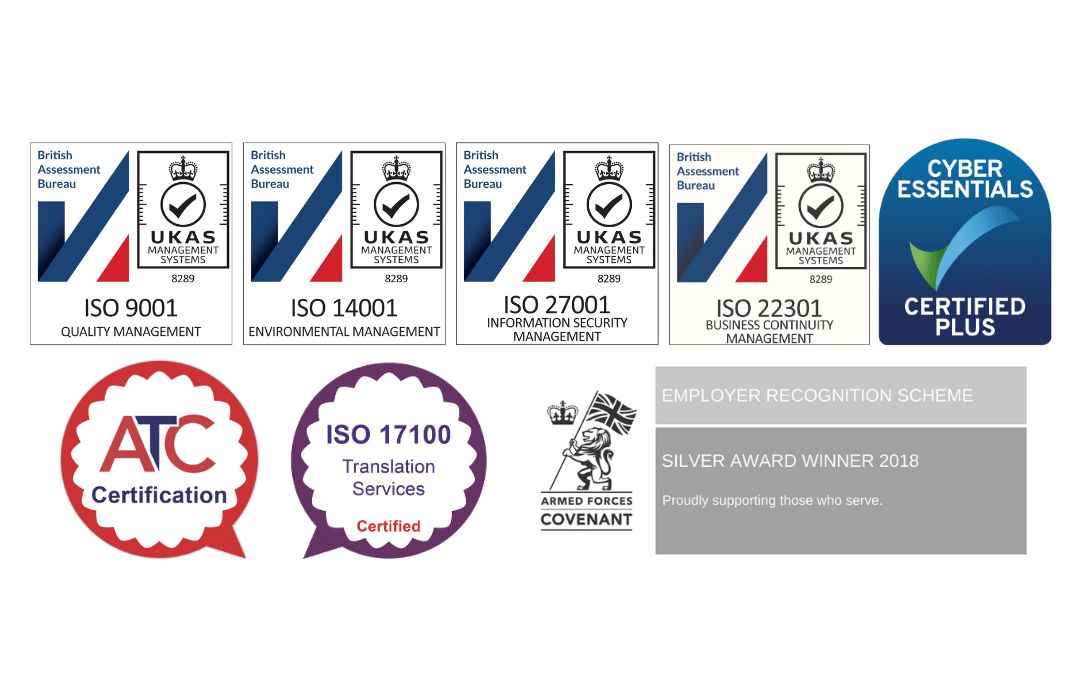In the realm of healthcare, effective communication stands as a cornerstone of quality patient care. However, one pervasive challenge that continues to affect this sector globally is the presence of language barriers. As we delve into this issue, it’s crucial to comprehend the multifaceted ways in which these barriers can impact both patients and healthcare professionals.
Understanding language barriers in healthcare
Language barriers in healthcare emerge when patients and medical staff do not share a common language. This issue is particularly pronounced in countries like the United Kingdom, where an increasingly diverse population includes individuals whose first language isn’t English.
The inability to communicate effectively can lead to misinterpretations, misinformation, and, most importantly, compromised patient outcomes.
Consequences of language barriers
- Misdiagnosis and medication errors: Miscommunication can result in incorrect diagnoses or inappropriate medication prescriptions. Patients may struggle to accurately describe their symptoms, and healthcare providers might misinterpret the information, leading to potentially dangerous outcomes.
- Increased stress and anxiety: Patients facing language barriers often experience heightened stress and anxiety. This emotional turmoil stems from their inability to fully understand their medical condition, treatment options, or medication instructions, leaving them feeling vulnerable and isolated.
- Impact on treatment adherence: The lack of clear communication can significantly impact a patient’s adherence to treatment plans. Misunderstandings about medication dosages, frequency, and the importance of follow-up appointments can lead to poor health outcomes.
- Legal and ethical implications: Language barriers also pose legal and ethical challenges. Healthcare providers have a duty to ensure informed consent, but this becomes complicated when language differences impede full understanding. This situation can lead to legal repercussions and ethical dilemmas.
Specialised services for patient care
DA Languages provides a range of specialised services to facilitate effective communication in healthcare settings. These include:
- Professional Interpreters: DA Languages offers face-to-face, telephone, and video interpreting services. This includes British Sign Language interpreting through their InterpretersLive! service, ensuring clear and precise communication between healthcare providers and patients, including those who are deaf or hard of hearing.
- Multilingual staff and resources: Alongside our interpreting services, DA Languages provides translation and localisation services for written patient communication. This ensures that patients can access and understand critical health information in their native language.
- Technology solutions: DA Languages leverages technology through solutions like their video interpreting platform, which can be accessed for various needs, including remote healthcare scenarios. They also offer a range of other technologies such as automated booking, machine translation, and a telephone interpreting platform, enhancing the accessibility and efficiency of their services.
Our services by DA Languages play a vital role in ensuring effective communication in healthcare, catering to the diverse linguistic needs of patients.
The road ahead
As the UK continues to embrace its cultural diversity, the healthcare sector must adapt to ensure equitable and safe patient care. Addressing language barriers is not just a matter of effective communication but a fundamental aspect of delivering compassionate and competent healthcare.
By recognising and actively working to overcome these barriers, the healthcare community can ensure that every patient, regardless of their language, receives the care they deserve.
Technological advancements in language services
The advancement of technology is crucial in overcoming language barriers in healthcare, we are at the forefront with our video interpreting service, Interpreter View. This platform is a prime example of how technology can enhance the efficiency and effectiveness of language services in healthcare settings.
Swift connection to interpreters
Interpreter View allows for a rapid connection to video interpreters, typically within minutes. This quick access is essential in healthcare, where timely communication can be critical.
Customisable user experience
Users of Interpreter View benefit from a high degree of customisation. They can log in with their registered email, select their preferred language, and even choose the gender of the interpreter or a specific interpreter for the session. This flexibility ensures that the communication needs of both healthcare providers and patients are met effectively.
Features for diverse medical scenarios
The platform is tailored to accommodate multiparty calls. It includes features that allow hosts to:
- Add additional users.
- Mute and remove participants.
- Pin and increase the screen size of specific users, which is particularly beneficial for British Sign Language (BSL) interpreters.
These functionalities make Interpreter View ideal for a range of medical scenarios, from individual consultations to larger group sessions.
Efficient booking and scheduling
All bookings made on Interpreter View are logged for transparency, allowing users to track past and future appointments. This is particularly useful for regular users who wish to maintain continuity of service by rebooking the same linguists.
Impact on healthcare communication
The integration of this video interpreting service with automated booking systems significantly reduces wait times and potential miscommunications in medical settings.
While machine translation and AI-driven tools are becoming more prevalent in healthcare, the human oversight provided by services like Interpreter View remains crucial to ensure accuracy and cultural appropriateness.
In conclusion, the challenges posed by language barriers in healthcare are significant, but they are not insurmountable. Healthcare providers, policymakers, and language service professionals must collaborate to ensure that communication barriers do not compromise patient care.
It is imperative to invest in comprehensive language services, like those offered by DA Languages, and in the training of healthcare staff to handle linguistic diversity sensitively and effectively. This collaboration is not just a logistical necessity but a moral imperative to uphold the highest standards of patient care for all, regardless of language barriers.



